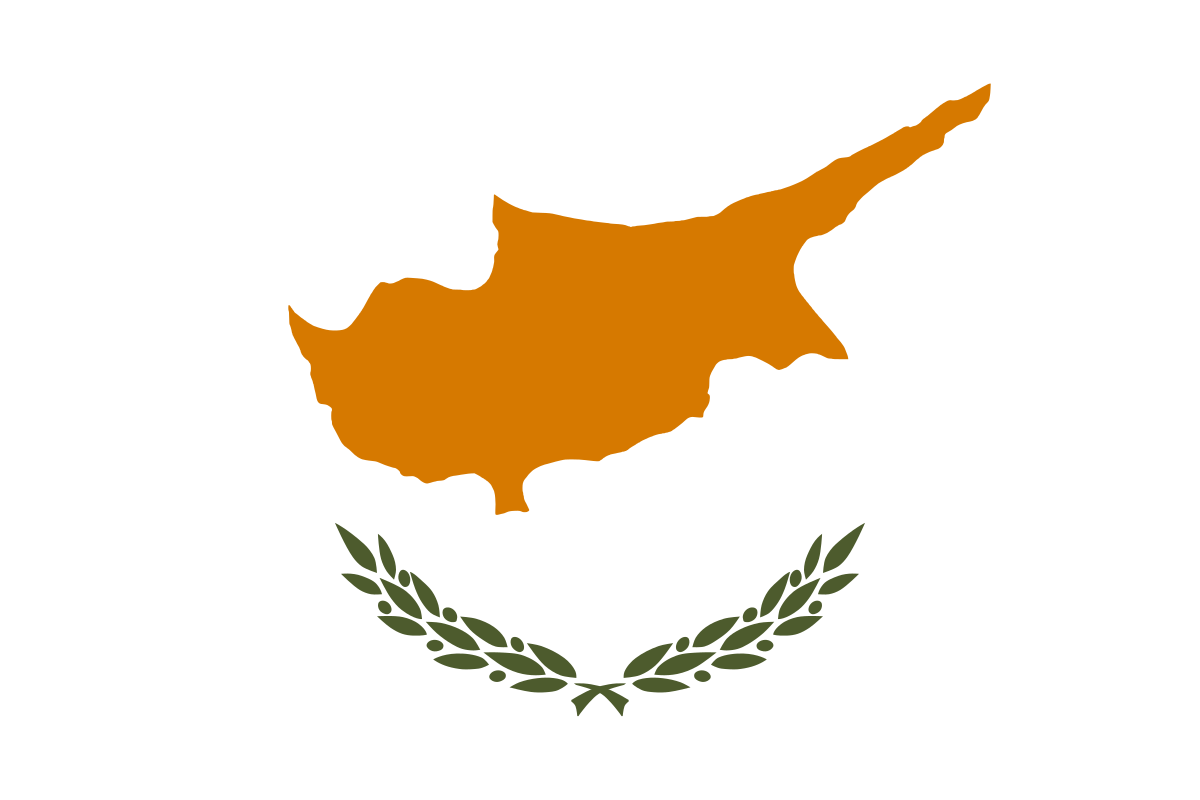Cyprus, an island with a rich and complex history, is a crossroads of Greek and Turkish cultures, directly influencing its language, administrative division, and cultural identity. In this article, we will take a closer look at these aspects, based on information about the administrative division of Cyprus.
Language in Cyprus
Language is a key element of Cypriot culture and identity. The island is dominated by two main languages: Greek and Turkish. Greek is used in the Republic of Cyprus, covering the southern part of the island, while Turkish prevails in the self-declared Turkish Republic of Northern Cyprus. Both languages have deep historical and cultural roots, reflecting the centuries -old influences of both Greece and Turkey on the island.
Division of Cyprus
The administrative division of Cyprus is unique and complex, reflecting a long history of political and ethnic divisions. Officially, Cyprus is divided into six districts: Famagusta, Kyrenia, Larnaca, Limassol, Nicosia, and Paphos. However, in practice, the island is split into two main parts: the Republic of Cyprus in the south and the Turkish Republic of Northern Cyprus in the north. The latter is not internationally recognized, except by Turkey.
North or South Cyprus
The differences between North and South Cyprus are significant, both administratively and culturally. The Republic of Cyprus, a member of the European Union, is characterized by a stable democracy and a developed economy. In contrast, Northern Cyprus, despite having its own government and institutions, remains largely dependent on support from Turkey. These differences also impact the daily lives of the inhabitants, their cultural identity, and international relations.
Greek or Turkish Cyprus
The cultural identity of Cyprus is complex and multifaceted. The southern part of the island, dominated by Greek Cypriots, identifies with Greek culture, language, and traditions. Meanwhile, the northern part, mainly inhabited by Turkish Cypriots, is aligned with Turkish cultural identity.
This cultural dichotomy is the result of historical and political processes that have shaped Cyprus over the past few decades.



